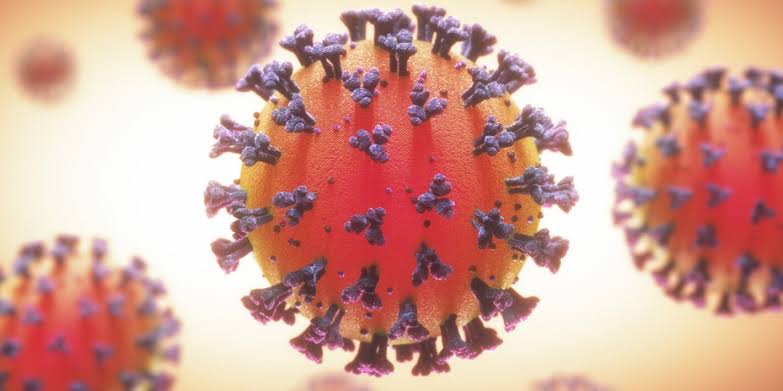Africa needs at least 20 million doses of the Oxford-AstraZeneca doses for the Second COVID-19 vaccine dose. This is according to the World Health Organization (WHO).
A single dose of the Oxford-AstraZeneca vaccine gives around 70% protection for at least 12 weeks. Data on the protection from one dose after 12 weeks is limited, however, COVID-19 antibodies have been found in the body up to 6 months after the first dose. The full course provided with a 12-week interval gives 81% protection for an extended period.
According to WHO, less than 5 percent of the entire continent has received the first jab of the vaccine. However, due to vaccine shortages of the Astra-Zeneca vaccine globally, many countries cannot issue second doses. The majority of the countries were supposed to get vaccines for the second dose in May but since India banned the exportation of the vaccine, many are left stuck with no vaccines to issue out.
To date, 28 million COVID-19 doses, of different vaccines, have been administered in Africa. Dr Matshidiso Moeti, the WHO Africa region director says the continent needs vaccination now to avoid losing lives.
“As supplies dry up, dose-sharing is an urgent, critical and short-term solution to ensuring that Africans at the greatest risk of COVID-19 get the much-needed protection. Africa needs vaccines now. Any pause in our vaccination campaigns will lead to lost lives and lost hope,” she said.
In addition to requiring more AstraZeneca vaccines, another 200 million doses of any WHO Emergency Use Listed COVID-19 vaccines are needed so that the continent can vaccinate 10% of its population by September 2021.
To date, 28 million COVID-19 doses, of different vaccines, have been administered in Africa, which represents less than two doses administered per 100 people in Africa. Globally, 1.5 billion COVID-19 vaccine doses have been administered.
“As supplies dry up, dose-sharing is an urgent, critical and short-term solution to ensuring that Africans at the greatest risk of COVID-19 get the much-needed protection. Africa needs vaccines now. Any pause in our vaccination campaigns will lead to lost lives and lost hope,” Dr Moeti added.
Uganda is one of the countries that is going to be affected by the shortfall of vaccines.
Dr Yonas Woldermariam, the WHO country representative says they are looking to get vaccines from other sources.
“Vaccine consignments that were expected in May will not be coming and we do not expect them to arrive in June. As a result, we are looking elsewhere to get vaccines to fill any shortages,”
According to Dr Woldermariam, COVAX is now looking at donations from other countries with extra vaccines such as the U.S, U.K and Israel. He says that they hope to get Astra-Zeneca vaccines, Pfizer, Moderna and even Johnson&Johnson vaccines.
URN








